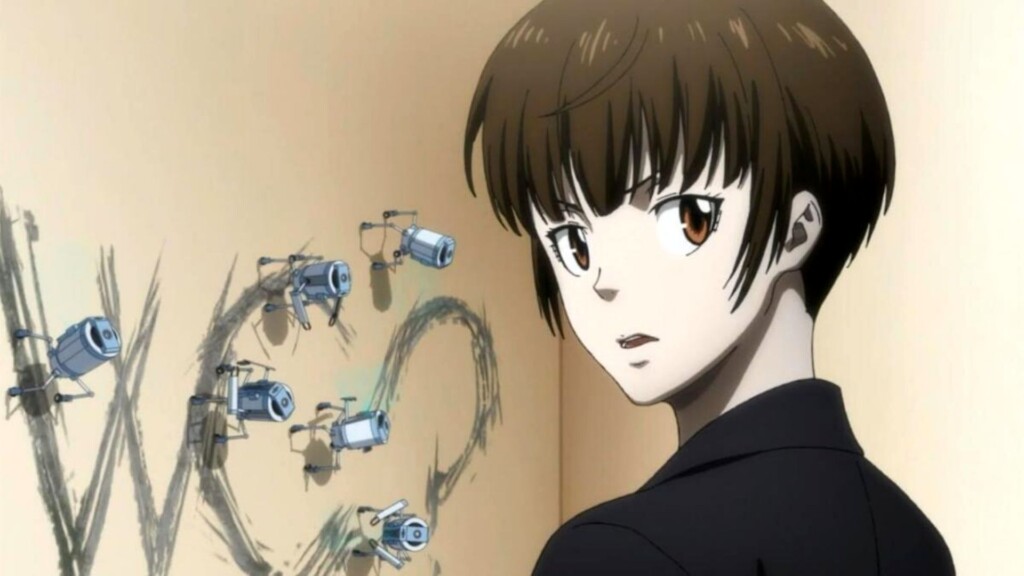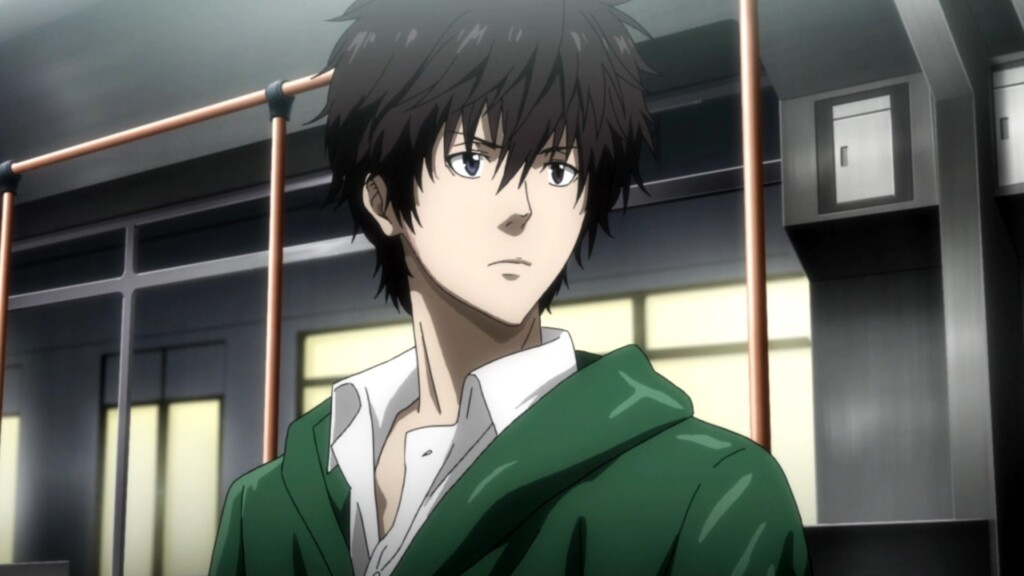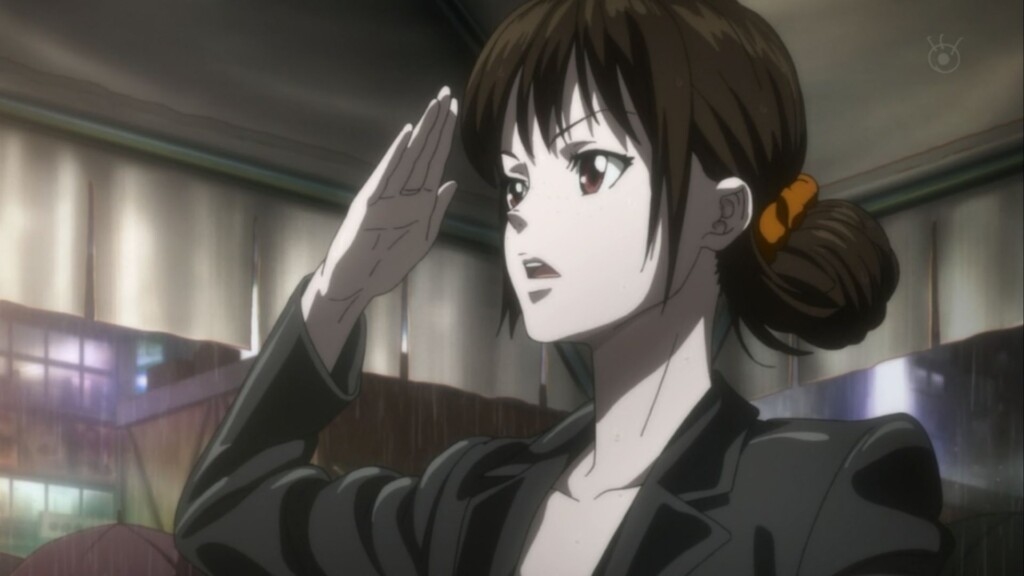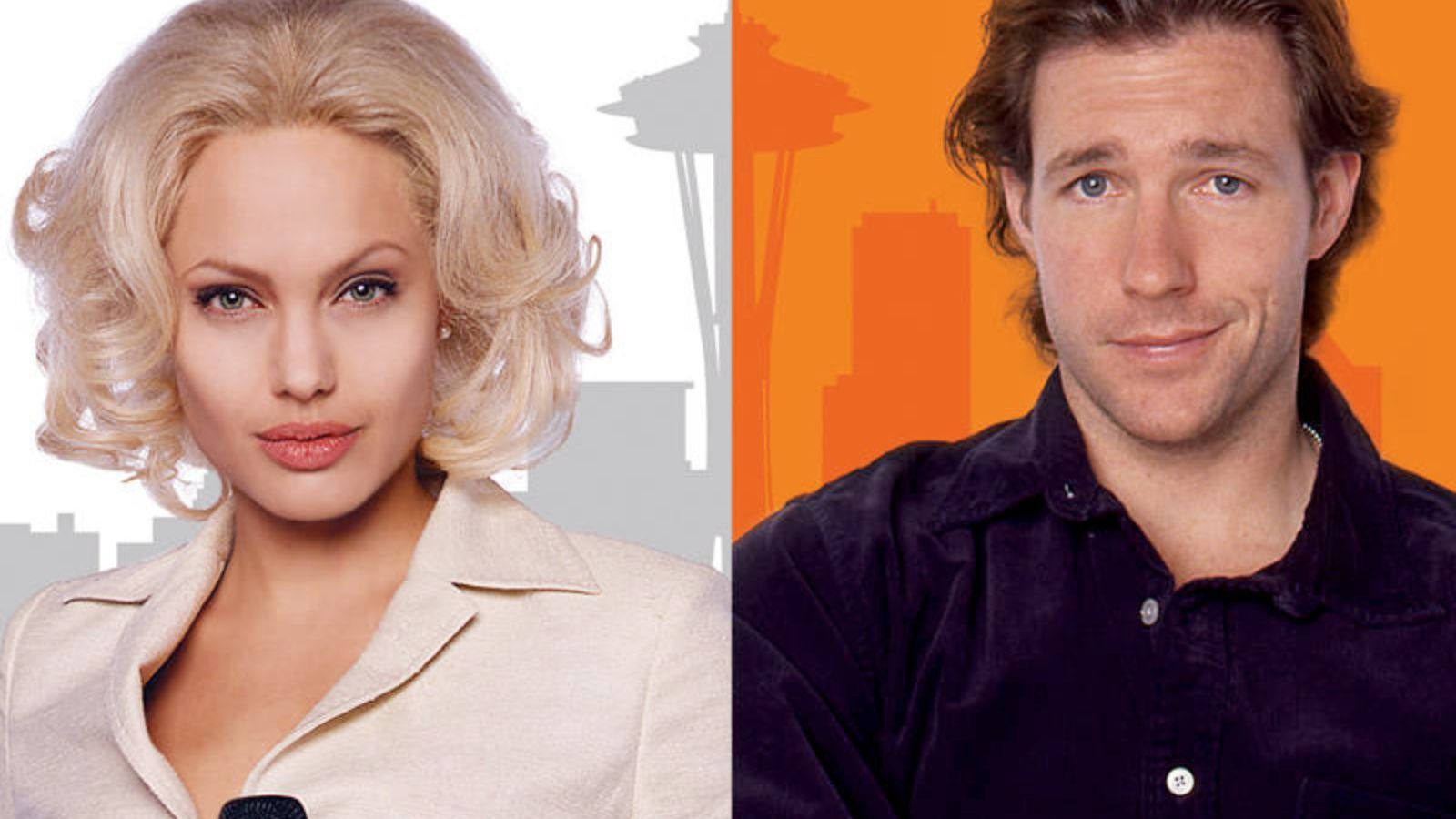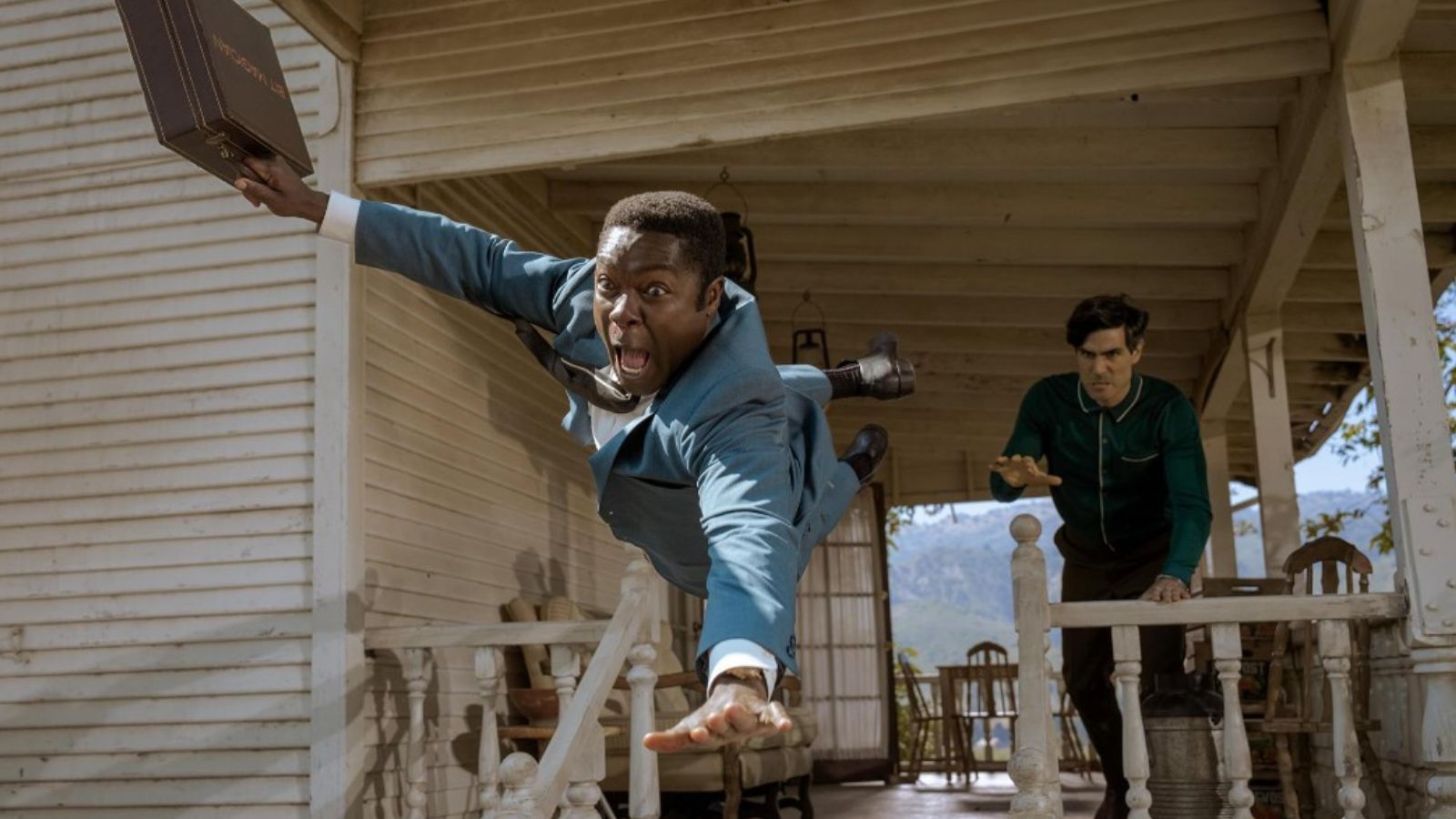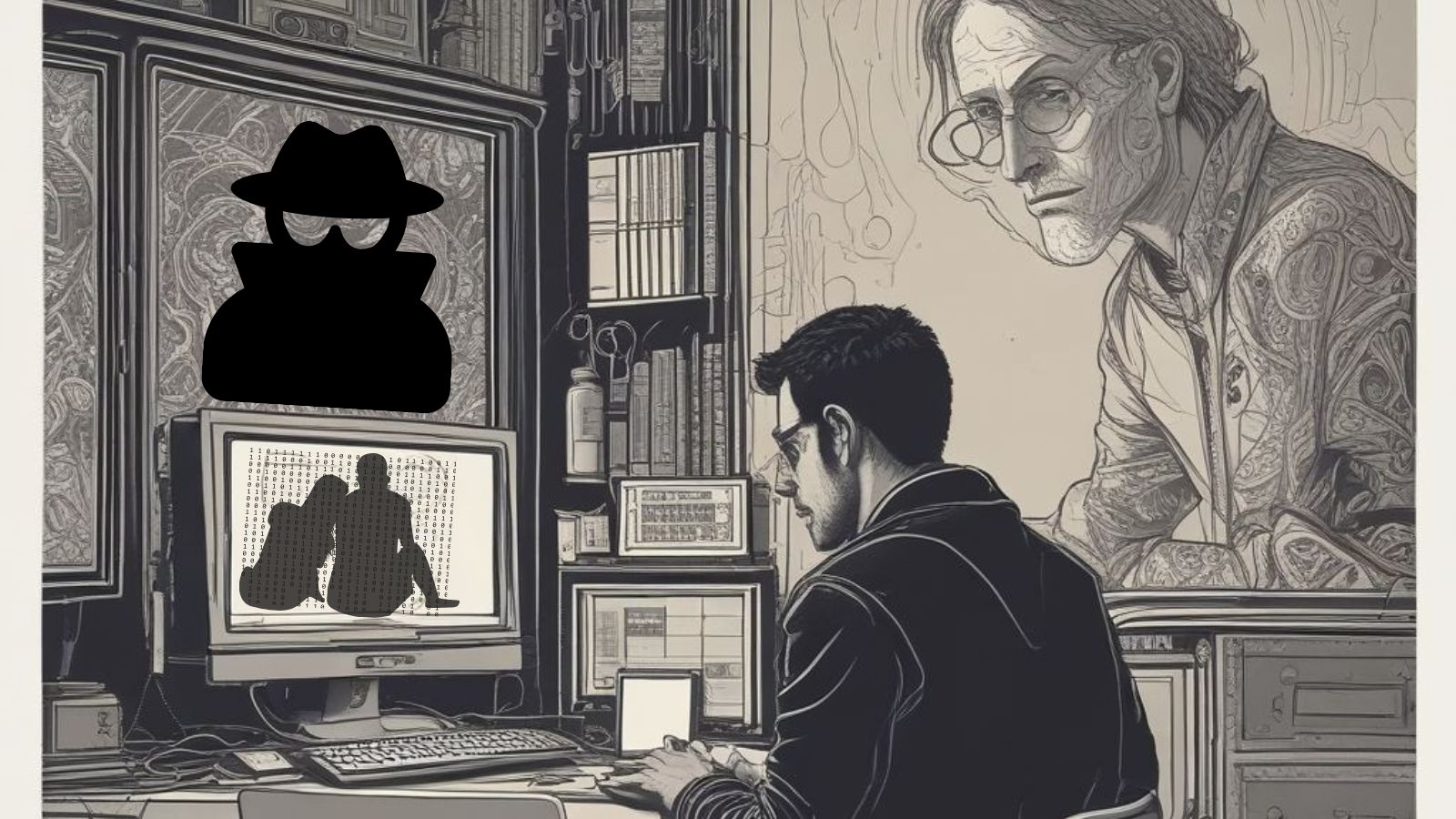
Is Psycho-Pass 2 Worth Watching? Can You Skip It?
Psycho-Pass is a brilliant psychological and sci-fi anime that comments on society and raises essential questions on morality and its implementation of justice. The series takes place in Japan during the 22nd century, where a technologically advanced Sibyl System is used to determine threats towards the country. It does so by examining each citizen’s psycho pass (aka mental state) and allowing inspectors to subjugate any that harbor ill-will. As Akane Tsunemori, a young and determined woman, enters the work field alongside veteran Enforcer Shinya Kougami, the Sibyl System’s judgments are finally questioned.
Psycho-Pass does in two seasons what has never been done before, at least not in such a unique way. Akane’s struggle with figuring out the true nature of justice and questioning its enforcement through the use of a system that may already be corrupt draws many parallels with reality.
I had watched Psycho-Pass in 2015 and rated it pretty well, but a rewatch was all that was needed for me to up the rating once again. This time I could pay close attention to the show and discover its many nuances. After doing so, I was more than impressed and immediately wanted to watch its next season. However, quite surprisingly, when checking out the reviews for Psycho-Pass 2, I discovered that many ardent fans of the series absolutely despised it.
Has Psycho-Pass’ franchise been tarnished by a bad sequel like many others before? And if yes, is it worth watching? Well, we’re here to answer exactly that.
Psycho-Pass 2 is worth watching despite having a different set of writers than the season 1 behind it. The same ensemble cast (except Kogami Shinya) is present in this season, with the addition of a new inspector. While the villains are not as interesting as in season 1 of Psycho-Pass, the new twists on the Sibyl System warrant a watch from the franchise’s fans.
However, at the same time, Psycho-Pass 2 feels like a rerun of season 1, with the same storylines being explored. Kogami’s absence is dearly felt, and Akane’s development seems to come to a halt. Many fans believe the second season tarnishes the Psycho-Pass franchise and would instead deem the story complete with the end of season 1.
Is Psycho-Pass 2 truly that bad? Let’s take a look at a few elements of the anime that might help you decide whether to watch the sequel or not.
Production of Psycho-Pass 2
One of the most significant shortcomings of Psycho-Pass 2 and the first season lies in its production. Since the same people did not make the sequel, there’s undoubtedly a massive difference. While Motohiro and Urobuchi were in charge of season two preparations, neither of them returned to their roles (as executive director and scriptwriter, respectively) and instead redirected their attention towards the feature film.
They entrusted the production of Psycho-Pass 2 to Tatsunoko Productions, one of their subsidiary studios, where director Shiotani, aided by director Kiyotaka Suzuki, worked on it. At the same time, screenwriting duties were given to Tow Ubukata. The fact that a change in studios significantly dipped the quality of 2 episodes in season 1 already provides us with an idea of how it affected the entire sequel this time.
Furthermore, from the very start, something wasn’t quite right. In interviews, director Shiotani claimed that writing the second series was difficult due to the story’s inflexibility. He was unable to introduce new ideas into a finely designed sci-fi environment without destroying everything that was built in the first season.
From this vantage point, it almost seems as if Psycho-Pass 2 was doomed to failure from the start. Not only does it lack the original creative team and studio behind the season one’s success, but the stand-ins barely live up to the credentials of the people they are supposed to emulate. From its production, it seems Psycho-Pass 2 was essentially a side project created to keep fans’ interest in the Psycho-Pass franchise alive while the core team worked on the film, resulting in an inferior series.
This might not have been an issue typically if Psycho-Pass 2 hadn’t been a sequel to the first anime, starring the same characters. Rather than producing a terrible second season, fans would have preferred having none at all.
Psycho-Pass 2 Story
Psycho-Pass’s season one was a step forward in the sci-fi genre, with some eccentric yet exciting ideas. It seamlessly combined psychology, philosophy, and action in a world entirely dependent upon technology. On the other hand, season 2’s story goes too far in portraying the technology and character abilities.
Furthermore, despite being far more exaggerated than the first season, Psycho-Pass 2 felt like a rehashed version of the former. Striking similarities to the first season become apparent, and there’s an overlying feeling of deja-vu throughout the entire series. As the plot progresses further, it unsuccessfully tries to distinguish itself through forced and melodramatic plot twists that, as mentioned above, push Psycho-Pass 2 into the realm of the absurd.
Not only that, the anime fleshes out its plot with more gratuitous violence and events that somehow lead to the series misunderstanding the rules of its own setting. For example, season 1 concluded with the characters questioning Sybil’s ability to make life-and-death decisions. Akane, Kogami, Mashima, and the rest were angry about the real-world use of database data to automatically put people on watch lists with little or no human intervention and acted towards changing that. However, all this progress was lost in Psycho-Pass 2, where the characters emphasized the importance of Sibyl, and instead of overthrowing it, strived to make the system perfect.
Another significant difference between the stories of seasons 1 and 2 is that in the former, the conflicts were about the characters facing moral dilemmas central to the show’s premise. In contrast, the latter’s conflicts were mainly caused by the characters being incompetent.
However, despite all the shortcomings of Psycho-Pass 2, it does add new ideas to the franchise. While the system is not overthrown, it learns to judge people both individually as well as part of the whole based on their contribution to society. In the beginning, Sybil deemed one innocent if they added economic value - but guilty if their existence risked decreasing it. It was basically a form of extreme Totalitarianism Utilitarianism; however, in season 2, the Sybil system started judging people’s positives and negatives based on how they interacted with the system as a whole instead.
Unfortunately, this change was not applied perfectly throughout the season, causing a jarring effect between Psycho-Pass’s season 1, season 2, and movie.
Characters in Psycho-Pass 2
One of the major complaints fans have with Psycho-Pass 2 is regarding the anime’s lackluster villains. For a story to be great, there needs to be a conflict that often manifests itself as an antagonizing threat or an opposing position to the protagonist.
Shogo Makishima beautifully occupied the role of an antagonist in the first season and was half of why the anime was so popular. He posed a legitimate threat to the protagonists and society by defying the very fabric of the Sibyl System.
Makishima made the characters question their motives and was able to strike them where they were most vulnerable. By the end, despite being killed by Kagami, he significantly altered both his and Akane’s perspective. Watching Shogo influence them in believable and meaningful ways and watching the characters overcome his influence was highly satisfying. All in all, Makishima is a perfect villain that is hard to replace.
After all, it’s hard to follow up Makishima when it comes to antagonists. In the case of Psycho-Pass 2, Togane is promising early on and succeeds in attracting the audience's interest. Unfortunately, his motivations and personality make him a very weak villain by the end. However, Kamui did represent a foil for Sybil since the fact that his actions and desires could be judged meant that the Sybil’s could too. However, the anime had no dynamic similar to Kogami and Makishima’s, thus not making the story compelling enough.
Other than the weak villains, the new characters in the anime are killed off too soon. Even if some of them are fleshed out, mere 11 episodes don’t do justice to their character development. Even the older characters, including Akane, Gino, and Kunizuka, don’t have any new changes to their personality, making season 2’s cast very shoddy compared to the first.
Can You Skip Psycho-Pass 2?
No, you can not skip Psycho-Pass 2 because it is, for all intents and purposes, a direct sequel to Psycho-Pass. It contains a lot of necessary information regarding the Sibyl system's improvement and introduces new characters that are essential to the franchise in general.
However, in the end, the flaws in Psycho-Pass 2’s production, story, and characters make it a pretty bad sequel to the first season. Fans who want to watch something new occur in the franchise will most likely be disappointed; however, it might be a perfect watch for those who want to revel in nostalgia and will help them understand the movie better.
You can watch Psycho-Pass 2 here: AnimeLab, Funimation, Netflix, Hulu.

